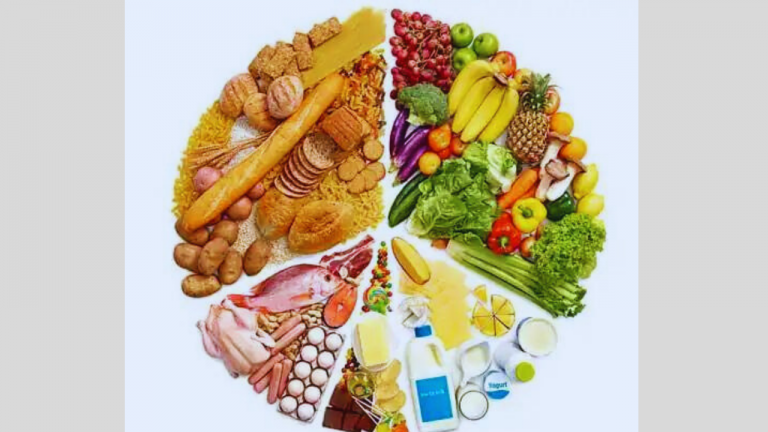What are the Health Effects of Having Fatty and Oily Meal?

Eating a fatty and oily meal can have both short-term and long-term health effects on the body. Here are some of the most common health effects:
Increased Risk of Heart Disease: Diets high in saturated and trans fats have been linked to increased levels of LDL or “bad” cholesterol and triglycerides, which are risk factors for heart disease.
Weight Gain: Fatty and oily meals tend to be high in calories, which can contribute to weight gain and obesity. This, in turn, can increase the risk of numerous health problems, including diabetes, high blood pressure, and heart disease.
Digestive Problems: Eating a fatty and oily meal can also lead to digestive problems such as bloating, gas, and constipation, as well as an increased risk of acid reflux and heartburn.
Increased Risk of Type 2 Diabetes: Diets high in saturated and trans fats have been linked to insulin resistance, a condition in which the body’s cells become less responsive to insulin, leading to an increased risk of type 2 diabetes.
Increased Inflammation: High-fat diets have been linked to increased inflammation in the body, which can contribute to the development of numerous health problems, including heart disease, cancer, and autoimmune disorders.
Overall, while it’s okay to indulge in a fatty and oily meal occasionally, regularly consuming such meals can have significant negative health effects. It’s essential to maintain a balanced and healthy diet that includes plenty of fruits, vegetables, whole grains, and lean proteins to maintain good health.



